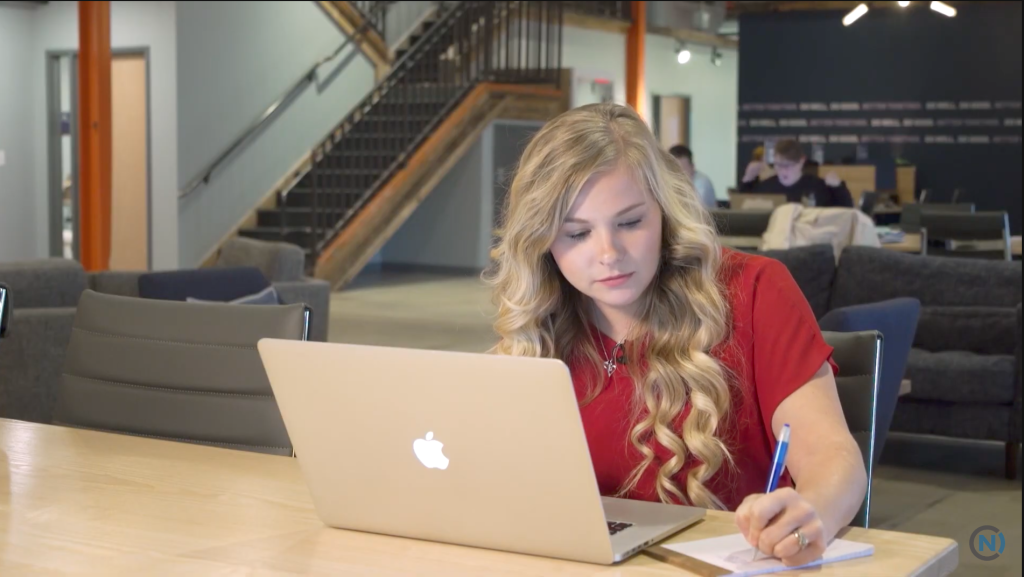Facts That Matter Blog
Facts That Matter Blog

The Arts as an Economic Engine Blog
The National Endowment for the Arts and the Bureau of Economic Analysis recently released data and analysis of the economic impact of the US arts and cultural sectors for the year 2021 on the country’s overall gross domestic product (GDP). The report notes that these sectors comprised 4.4% of the nation’s GDP with just over $1 trillion, and art industries employed nearly 4.9 million workers in 2021.
+ Continue Reading Article
Engaging Disconnected Young Adults Blog
Recent research indicates pronounced differences in outcomes such as employment, income, homeownership, and health when comparing young adults who have become disconnected from school or work versus those who have remained consistently connected.
+ Continue Reading Article
The Need for STEM in Rural Communities Blog
Students in STEM classes report increased confidence and motivation to continue their education. Greene County program successes are attributed to valuable partnerships in the rural community, which have helped bridge the opportunity gap by providing student resources, opportunities, and support. Teachers have noted a significant culture shift in the district, with students acquiring the skills employers seek.
+ Continue Reading Article
The Lack of Rural Healthcare Options Blog
According to the Cecil G. Sheps Center for Health Service Research, North Carolina’s rural communities have faced 152 rural hospital closures and conversions since 2005. The loss of access to healthcare is particularly harmful to those in rural communities who already face health disparities. It makes them more vulnerable to untreated health issues like strokes and heart attacks.
+ Continue Reading Article
The Potential of Offshore Wind Energy Blog
North Carolina might one day support the east coast with offshore wind energy. The economic impact could be in the billions, with tens of thousands of related jobs.
+ Continue Reading Article
Increasing Food Access Blog
Local leaders are working collaboratively to create a sustainable food system that benefits both the growers’ economics and consumers’ health. The partnerships around food access in local communities are creating templates for other communities to improve their food supply systems, enhance health outcomes, and boost their local economy.
+ Continue Reading Article
Rising Community Violence Blog
The violence interrupter strategy is a unique approach that enables individuals who have had experiences with gangs and violence to act as mentors and guides to at-risk youth. It provides a way to build trust and rapport with young people who may resist law enforcement efforts.
+ Continue Reading Article
Enhancing NC’s Workforce Through Education
Educational institutions are partnering with others in the community to level the playing field by providing supports, such as seminars on networking or meeting the financial requirements for study. Often non-educational community partners build coalitions to address student barriers such as food security, child care, and transportation.
+ Continue Reading Article
Building a Diverse Business Community Blog
Small business owners need a strong ecosystem to thrive. That ecosystem provides technical assistance, connections to space, and other resources and capital to launch and grow. Indeed, minority entrepreneurs sometimes struggle to find and gain access to the small amount of capital they need to launch or expand their businesses.
+ Continue Reading Article
Sports Tourism Boom Blog
Youth sports can require a significant financial investment for travel to out-of-town tournaments. The expenses for food and lodging quickly add up, and communities in North Carolina are capitalizing on the increased interest in amateur sports by integrating them into their local economy.
+ Continue Reading ArticleSearch ncIMPACT content by county
Use the arrows below to search by county map or county list
